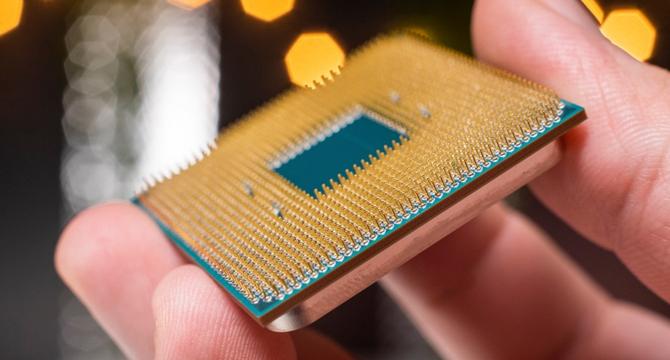Digitaltrends
1M
362

Image Credit: Digitaltrends
Here’s everything to consider when buying a CPU in 2024
- When you buy a CPU, the main consideration is the specifications of the processor, including cores, threads, clock speeds, and cache.
- The more cores a CPU has, the better it is for multitasking and modern software, while threads determine how many tasks a CPU can conduct simultaneously.
- Clock speed and instructions per clock (IPC) ratings also determine individual core performance.
- Cache size is another important spec to consider, especially for gaming, where AMD's 3D V-Cache CPUs have drastically boosted CPU cache sizes.
- When it comes to choosing between Intel and AMD processors, Intel has been stacking up on cores, while AMD has been opting for more cache and higher clock speeds.
- Intel has been using a hybrid core structure in its processors since the release of Intel Alder Lake, while AMD has introduced the 3D V-Cache.
- CPU naming conventions for AMD and Intel processors are confusing, but knowing the generation and the processor tier is important when picking the right CPU.
- CPUs can also include integrated graphics chips, but they aren't typically powerful, and entry-level graphics chips can offer reasonable gaming performance.
- Power and thermal demands are important considerations, as TDP ratings give you a rough idea of how much power the CPU will require from the power supply and the type of cooler you'll need to keep it within safe operating temperatures.
- Socket compatibility is an essential consideration when buying a CPU, as most CPUs have a limited number of motherboards they can fit into.
Read Full Article
21 Likes
For uninterrupted reading, download the app